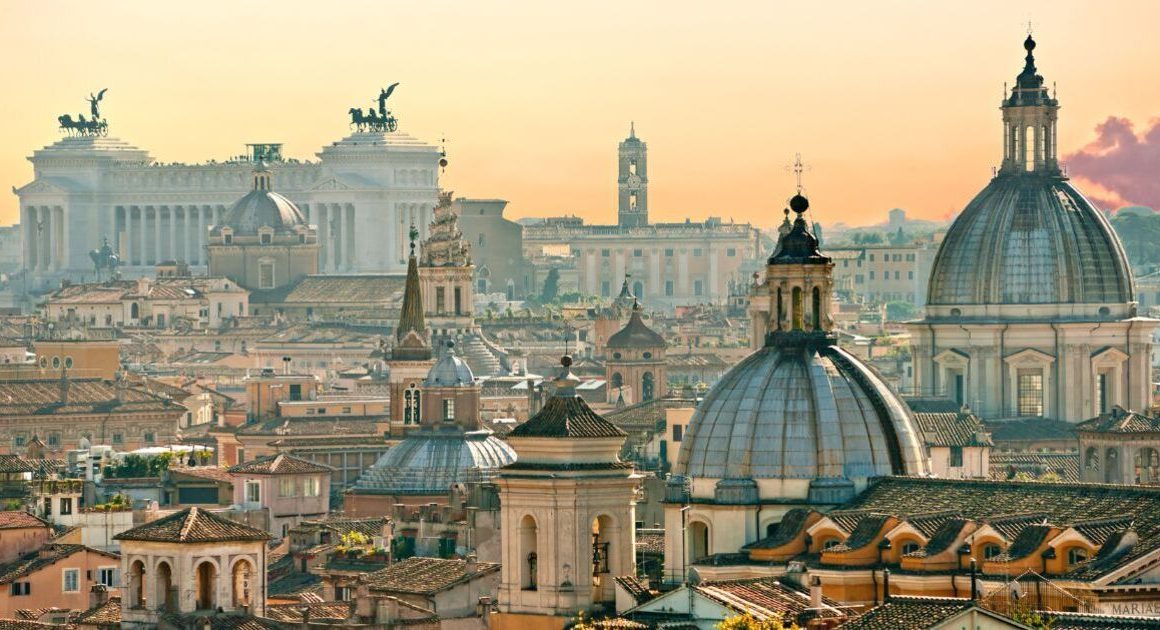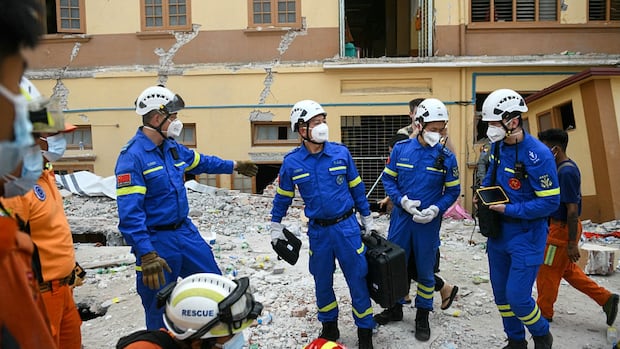India’s interior minister Amit Shah, accused by Canada of being behind plots to target Sikh separatists in that country, has been Prime Minister Narendra Modi’s closest aide for decades and is widely seen as his hard-nosed alter ego and potential successor.
Shah’s office and the Indian foreign ministry did not respond to requests for comment on the accusation. India has denied any role in the 2023 murder of Sikh separatist Hardeep Singh Nijjar in Canada and the alleged targeting of other dissidents there, although the row has led to expulsions of diplomats in both countries.
Canada has not released any evidence of Shah’s alleged role in the campaign against Sikh separatists, which was referred to by Canadian Deputy Foreign Affairs Minister David Morrison on Tuesday.
Many political analysts consider Shah, 60, the most powerful politician in India after Modi and the two, both Hindu nationalists, have been working together in national or provincial governments for more than two decades, starting with their native Gujarat state. Shah is widely seen as likely to take over if Modi leaves office.
When Modi attended his first press conference in India as prime minister in 2019, he made a brief statement but took no questions, pointing to then-ruling party president Shah sitting by him.
“I am a disciplined soldier (of the party), the president is everything to me,” Modi said, referring to Shah.
Shah, renowned for campaign strategy, has led Modi’s nationalist Bharatiya Janata Party (BJP) to election victories across the country, propelling the party to political dominance from near-obscurity. In 2019, Modi named him as the head of the all-powerful interior or home affairs ministry.
“As a vigilant and alert administrator, Amitbhai Anilchandra Shah considers weak and lumpy security to be a major obstacle in the development of society, country and state,” Shah’s website says.
It says he was falsely implicated in 2010 in the extra-judicial killing of a “dreaded terrorist” when he was the state home minister in Gujarat, after which he resigned and spent three months in jail. A court acquitted him in 2014.

Shah has also been instrumental in ending the semi-autonomy of India’s then-only Muslim majority state, Jammu and Kashmir, in 2019 and allowing non-Muslims from neighbouring countries to gain Indian citizenship, according to his website.
Born in Mumbai, he has been an elected politician for more than 25 years. The son of a prosperous family in Gujarat, Shah left school around the age of 18, according to a declaration signed in the 2019 general election.
Shah said in a 2016 interview that, since then, aside from a short spell selling plastic tubing, he has spent almost his entire adult life working for the BJP and its affiliated groups. He has gained a reputation as a Hindu hardliner with uncompromising views.
A person who has known both Modi and Shah for decades said both believed in fighting for Hindu causes not just as “thought leaders, but as action leaders” and they are “fearless about it.”
In 2021, Shah told a conference that India’s was following a “nation first” policy under Modi after its targeted strikes against alleged militant camps in Pakistan in 2016 and 2019, in response to attacks on Indian troops at the time.
“The world was taken by surprise when we responded to Pakistan inside their territory,” he said.
“Earlier, the U.S. and Israel were known for this, but now India has joined their ranks. For the first time our defence policy came out of the shadows of foreign policy. We made it clear that we want peace with everyone … but you have to behave peacefully with us too.”











